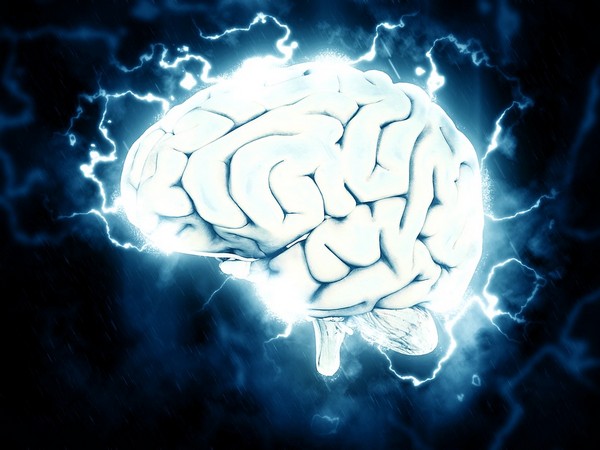
Authors:
Dr. Nachiketa Mittal, Professor of Law, India
Ritambhara Mittal, 5G Solution Architect, Amdocs USA
(The authors are also the Project Leaders of a research study started in India
titled “Project ChatGPT and Law Schools in India)
_______________________________________________
The world of artificial intelligence (AI) is witnessing new variants weekly and monthly, especially since the launch of ChatGPT in November 2022. Now to combat the concerns of the misuse of ChatGPT in academia and doctrinal research, on January 31, 2023, Open AI launched a classifier trained to distinguish between artificial intelligence (AI)-written and human-written text. It is a significant development in the journey of AIs.
ChatGPT, a conversational language model in its testing phase, has received an overwhelming response from all professionals. Its extraordinary ability and training to generate human-like responses, provide explanations and generate creative text based on given prompt made it one of the most popular AIs ever invented. Despite being nascent, students, researchers, lawyers, engineers, authors, journalists, and many other professionals began to engage with it closely. Every day reports are pouring in significant numbers from various parts of the world on the constructive use and abuse of its functions by distinct classes of persons. Students and researchers, including authors, are understood to be the largest pool of persons falling addicted to its features for writing exams, journal articles, storybooks, conference papers, and much more. It has raised red flags among schools, colleges, and universities globally. From the global south to the global north, various academic institutions have started considering banning ChatGPT for educational purposes. However, there may be better solutions.
The use of ChatGPT may be restricted on the college or the university campus. Still, there needs to be a vital check on its use by students or doctoral degree researchers in submitting take-home assignments, research papers, and even research theses. Colleges and universities are regularly testing ChatGPT and reaching mixed findings on its misuse by students and researchers. Some of these institutions include- the University of Minnesota Law School, the University of Pennsylvania’s Wharton School, Sciences Po in France, Queensland Department of Education. In India, an online law teaching platform founded during Covid-19, Virtual Law School of KETAS Education Foundation has launched a full-fledged study on ChatGPT and Indian Law Schools. It is supported by the National Law University, Tripura; Dharmashastra National Law University, Jabalpur; Maharashtra National Law University, Mumbai; and a Bengaluru-based technology-enabled law firm, Lawknit. This is only an illustrative list; ChatGPT is now being tested, used, and even misused across all spectrums of educational institutions across the world. Unfair use of ChatGPT by students and researchers, difficulty in assessing plagiarism of ChatGPT-generated text, and the rise in academic dishonesty with the increasing use of ChatGPT are significant concerns of academia.
Amid such furor, Open AI has timely seized the opportunity to save the failure of ChatGPT, rejection, and disgrace, especially from the world academia of higher education. However, it is a maiden attempt with weak safety valves in place. The Open AI has itself disclosed that “Our classifier is not fully reliable. In our evaluations on a “challenge set” of English texts, our classifier correctly identifies 26% of AI-written text (true positives) as “likely AI-written,” while incorrectly labeling the human-written text as AI-written 9% of the time (false positives)…..”. This classifier has been made public to invite feedback on its usefulness and effectiveness. The Open AI team will utilize this shared pool of feedback to improve the classifier.
Suffice it to say we have become the guinea pigs of Open AI’s research team. Nonetheless, the latest release of the classifier is a positive and responsible step toward combatting the side effects of ChatGPT and similar AIs that may storm the market in the future. It is increasingly clear that AIs like ChatGPT are now part of our ecosystem; hence it is incumbent on us to judiciously utilize them in our pursuits of professional vocations and prevent their misuse.